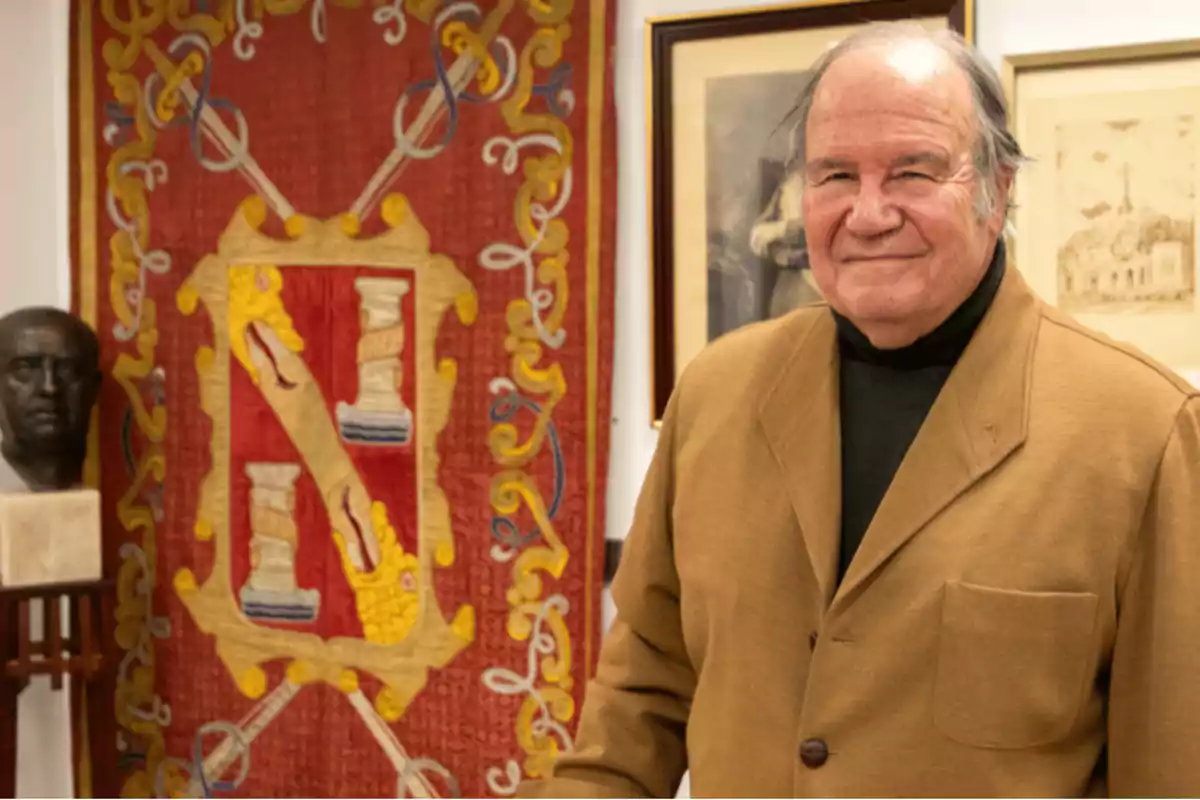
Spanish communism will use a post-war German law to censor the right.
Spain's left-wing parties will seek to pass a controversial law that bans the participation of 'Francoist associations' in politics
The Constitutional Commission of the Congress of Deputies is about to approve a lunatic reform of the Law Regulating the Right of Association, promoted by the PSOE, which aims to allow the dissolution of ''Francoist'' and right-wing associations.
This reform, which is part of the 2022 Democratic Memory Law, aims to ensure compliance with the seventh additional provision of that law, which already anticipated the modification of legislation related to the right of association to address this type of entities.
The proposed reform includes an additional provision to the Law of Associations that establishes as a cause for dissolution the "conducting of activities that constitute an apology for Francoism."

This concept of apology encompasses both mentions of the rise to power in 1936 and the exaltation of the subsequent government of General Franco, as well as the apology of its leaders.
Additionally, it specifies that these types of activities must involve contempt and humiliation toward the victims of the civil war, or directly or indirectly incite hatred or violence against these victims because of their condition as such.
The text also emphasizes that the dissolution of these associations can be carried out regardless of the theoretical purposes and activities specified in their statutes, and without considering whether the association has complied with the obligation of registration, showing a clear violation of freedom of expression.
The modification of the law establishes that the dissolution must be carried out through a judicial resolution, with the Public Prosecutor's Office exercising the action in these cases.

In a transactional amendment negotiated by the PSOE and its allies (Sumar, ERC, Junts, Bildu, PNV, and BNG), a new avenue for the dissolution of these associations has been incorporated: the criminal route.
According to this amendment, the Public Prosecutor's Office may consider the possibility of initiating criminal actions to dissolve entities for crimes related to ''essential rights,'' particularly concerning the crime of illicit association, if incitement to hatred or violence is detected.
Additionally, the reform opens the door for associations and entities defending ''democratic memory'' to exercise "active legitimation" in this type of judicial process. This step has been supported by parties like the communist and anti-democratic PSOE and its allies, but has been strongly criticized by opposition parties like the PP and Vox.

The PP, although initially in favor of the reform, has expressed its rejection of the transactional amendments that have been included in the text, especially the introduction of a possible criminal action and the ability of associations to initiate legal proceedings.
María Jesús Moro, Justice spokesperson for the PP, has criticized the creation of a "sort of popular accusation in the civil sphere" and has pointed out that the mandate to the Public Prosecutor's Office is unnecessary.
She has also stated that both the Democratic Memory Law and the reform of the Law of Association reinforce a "militant Constitution", which could mean the imposition of an official state ideology, associated with Stalinism and Marxism, the most murderous movement in the history of humanity.
Meanwhile, Vox has been the only party that has voted against the text in the Constitutional Commission, agreeing in its criticisms with the PP about the evident politicization of justice.

In general, the leftist parties supporting the reform consider that the dissolution of associations promoting Francoism is a necessary measure to guarantee the rights of the victims of Franco's government.
The reform of the Law of Associations is expected to be put to a vote in the Plenary of Congress in the second week of April.
As it is an organic law, it will need the support of at least 176 deputies for its approval and subsequent referral to the Senate. The regulation only affects associations, as in the case of foundations, like the Franco Foundation, the dissolution follows another path overseen by the Ministry of Culture.

This reform project carried out by the PSOE, has as its main objective the dissolution of the organization ''HazteOír'', claiming that it is a Francoist association that must be disbanded.
This organization is part of the legal arm of the right-wing party ''VOX'', and also happens to be the complainants of several corruption cases of the PSOE like that of José Luis Abalos and Begoña Gómez. This factor highlights that the prohibition sought by Spanish communism is a clear political revenge against this and VOX in general.

More posts: